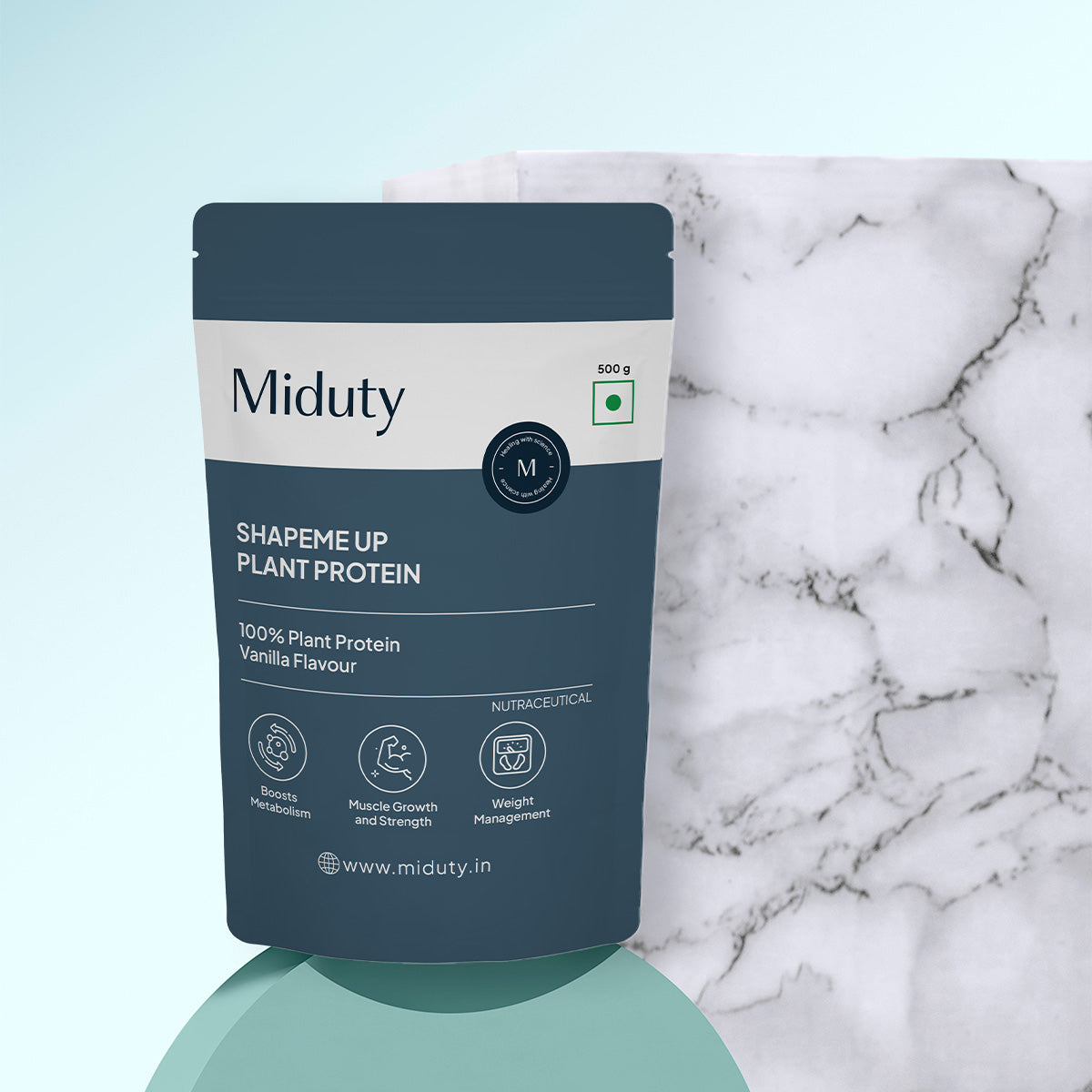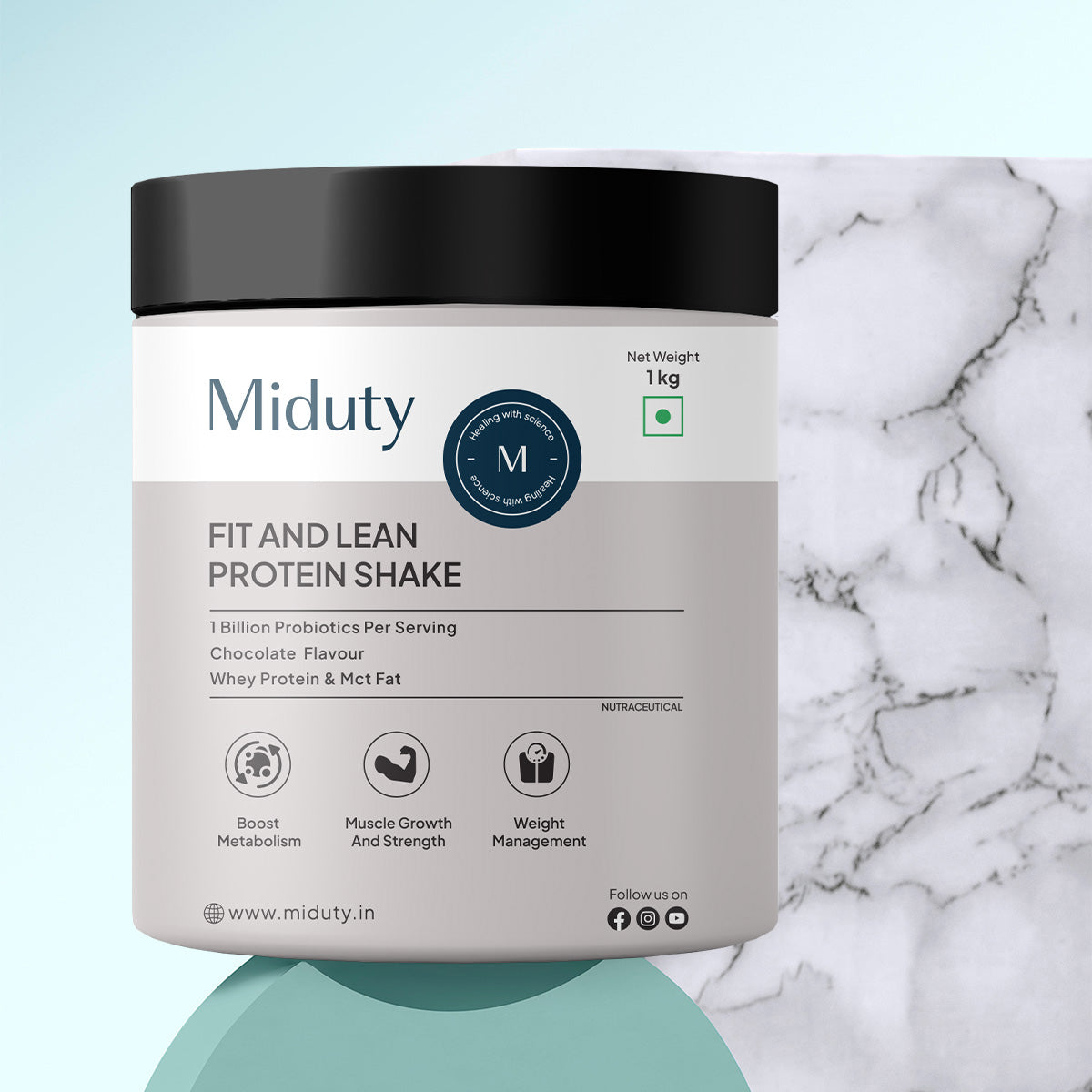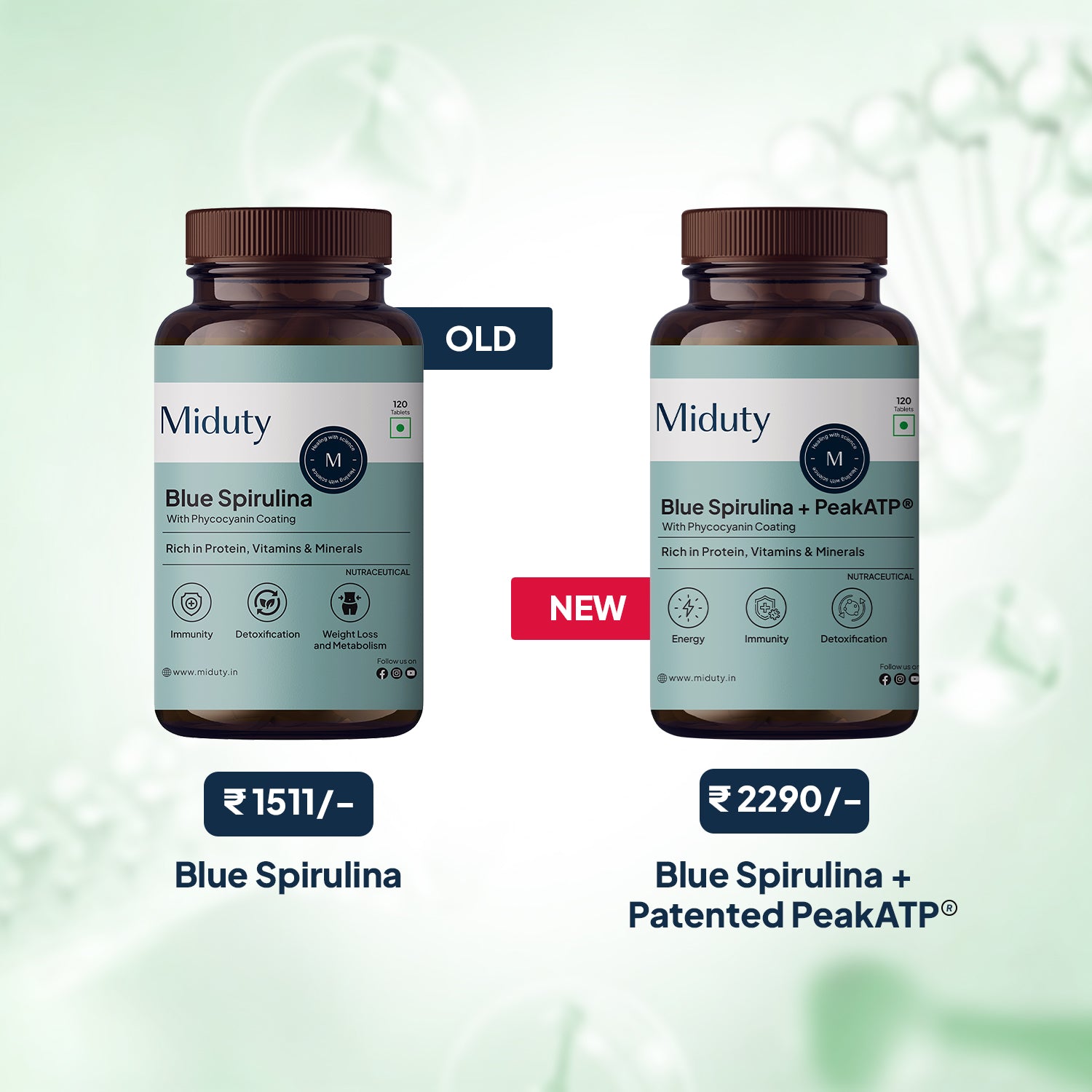
Best Time to Take Creatine: Before or After Workout
Creatine is one of the most researched and widely used supplements in the fitness world. From athletes and bodybuilders to casual gym-goers, countless people rely on creatine to enhance strength, boost performance, and support muscle growth. Yet one question keeps recurring: Is it better to take creatine before or after your workout?
Surprisingly, the timing debate is more nuanced than it seems.
In this blog, we break down what creatine actually is, how it works in the body, the benefits of using it, and most importantly, whether taking creatine before or after a workout makes a real difference. By the end, you will know exactly when you should take it to get the most out of your training.
Key Takeaways
1. Creatine works through long-term saturation, not immediate effects. It replenishes ATP, increases training volume, enhances recovery, and improves muscle hydration and cognitive function, but it does not provide an instant energy boost.
2. Daily consistency is more important than timing. Whether you take creatine before or after your workout matters less than ensuring you take it every day to maintain optimal muscle creatine levels.
3. Post-workout creatine offers a slight advantage. Research shows marginally better gains in strength and muscle mass when creatine is taken after training due to improved absorption and recovery support.
4. Creatine monohydrate remains the gold standard. It is the most studied and effective form, with no alternative forms proven to deliver superior results or absorption despite marketing claims.
5. Timing myths are common, but not evidence-based. Creatine does not work immediately, does not interfere with sleep, and missing a day does not significantly affect muscle saturation. Loading phases are optional, not required.
What Is Creatine?
Creatine is a naturally occurring compound found in your muscles and produced in small amounts by your liver, kidneys, and pancreas. You also get creatine from foods like beef, chicken, and fish, although only in limited quantities.
Inside the body, creatine is stored as phosphocreatine, which plays a major role in the production of adenosine triphosphate (ATP), the primary energy source for muscle cells. During high-intensity, short-duration exercises like heavy lifting or sprinting, your muscles rapidly burn through ATP. Creatine helps replenish ATP faster so you can push harder for slightly longer.
This small advantage compounds over time, leading to noticeable differences in strength and muscle mass.
How Creatine Works?
Understanding creatine timing begins with a clear look at how it works:
1. ATP Regeneration
Creatine phosphate donates a phosphate group to ADP to regenerate ATP. More ATP means more immediate power for explosive movements. This rapid energy recycling allows you to maintain high intensity during short bursts of activity.[1]
2. Increased Training Volume
Higher ATP availability allows you to lift heavier or perform more reps, which improves overall training quality. Over time, this increased workload contributes to greater strength and muscle gains.
3. Muscle Cell Hydration
Creatine pulls water into muscle cells, increasing cellular hydration. This supports recovery and may stimulate muscle growth. Hydrated muscle cells also function more efficiently and resist fatigue better during training.[2]
4. Enhanced Protein Synthesis
Some studies suggest creatine may indirectly support protein synthesis by improving the cellular environment for muscle repair. This helps the body rebuild muscle tissue more effectively after intense workouts.[3]
5. Cognitive and Neuroprotective Support
Creatine also helps the brain produce energy. Research shows it may improve cognitive performance during stress, fatigue, or sleep deprivation. Its role in brain energy metabolism makes it beneficial for both physical and mental performance.
Benefits of Taking Creatine
Creatine offers several well-established benefits, no matter when you take it:
- Increased strength and power
- Improved anaerobic performance
- Enhanced long-term muscle growth
- Faster recovery
- Higher training volume
- Improved cellular hydration
- Potential mental and cognitive support
These effects come from consistent creatine saturation in the muscles.
Creatine Timing: Does It Really Matter?
Here is the big question: Is creatine more effective before or after a workout?
The short answer: Both can work, but research shows a small advantage when taken after your workout.
Creatine is not a stimulant and does not provide a quick energy boost when taken immediately before training. Its benefits come from maintaining consistently elevated creatine levels over time. This makes daily intake more important than the specific time of day.
Still, both pre-workout and post-workout timing have valid points.
Taking Creatine Before a Workout
Some people prefer taking creatine before training, often because they assume it works like caffeine. Although it does not work this way, there are still practical reasons to take it before a workout.
1. Habit and Convenience
For many, a pre-workout routine is the easiest to stick with. Consistency matters most.
2. Often Combined With Pre-Workout Supplements
Many pre-workout formulas contain creatine, so taking it before training feels natural.
3. Better Nutrient Uptake When Taken With Carbs
A pre-workout meal containing carbohydrates can help shuttle creatine into the muscles.
4. Psychological Boost
Some people simply feel more prepared when they take creatine before training.
Despite these points, scientific evidence does not show pre-workout creatine to be better than post-workout usage.
Taking Creatine After a Workout
Research gives a slight advantage to post-workout creatine, especially for muscle growth and strength.
A study in the Journal of the International Society of Sports Nutrition compared two groups: one took creatine before workouts and the other took it after. The group that consumed creatine after workouts saw:
- Slightly greater increases in muscle mass
- Slightly greater improvements in strength
Why might post-workout timing work better?
1. Improved Absorption
Insulin sensitivity is higher after exercise, which helps transport creatine into muscle cells more effectively.
2. Supports Recovery
Creatine helps regenerate ATP and repair muscle tissue, both of which are needed immediately after training.
3. Works Well With Post-Workout Meals
Most people consume protein and carbohydrates after training. Adding creatine makes the routine easier and may improve uptake.
Although the difference is small, post-workout creatine appears to give a minor advantage.
Should You Take Creatine Both Before and After Workouts?
Some people divide their daily dose into two smaller servings, taking half before training and half after. This is optional.
Splitting the dose may:
- Reduce stomach discomfort
- Create smoother absorption
- Support consistent daily intake
However, research does not show that splitting your dose increases performance or muscle growth compared to taking one daily serving.
Daily Creatine Intake Matters More Than Timing
Regardless of when you take it, what truly matters is having fully saturated creatine stores.
1. Recommended Daily Dose
- 3 to 5 grams per day for most people
- Up to 10 grams per day for larger athletes or intense training, usually split into two servings
2. Optional Loading Phase
A loading phase involves taking 20 grams per day for 5 to 7 days. This saturates muscles faster, but is not required. Taking the regular daily dose will reach the same saturation after several weeks.
Does the Creatine Type Change Timing?
Creatine monohydrate is the most researched and reliable form of creatine, consistently proven to enhance strength, power, and muscle growth. Its effectiveness, safety profile, and affordability make it the gold standard among all creatine types. Although newer forms such as creatine HCL, creatine ethyl ester, and buffered creatine are often marketed as superior, scientific evidence has not shown them to provide better absorption, performance benefits, or results.
In many cases, they simply cost more without offering measurable advantages. Regardless of which form you choose, the recommended timing and daily dosage for maximizing creatine saturation remain the same.
Common Myths About Creatine Timing
Myth 1: You must take creatine right before a workout.
Creatine does not act immediately.
Myth 2: Creatine disrupts sleep if taken at night.
Creatine has no stimulant properties.
Myth 3: Missing one day causes muscle creatine to drop.
Creatine levels fall slowly, so missing one day has little effect.
Myth 4: Loading is required.
Loading only speeds up saturation. It is optional.
Final Conclusion: Before or After Workout?
The most effective approach for most people is to take creatine after their workout, preferably alongside a protein shake or a balanced meal. However, taking it before your workout is also a perfectly good option if that fits better into your routine. The key is consistency. Creatine works through daily saturation, not immediate effects, so taking it every day matters far more than the specific timing.
If you already have a post-workout shake, adding creatine to it keeps things simple. If you never skip your pre-workout ritual, taking it beforehand works just as well. Whether you choose pre- or post-workout timing, both are effective, though research shows a small advantage for post-workout use in supporting muscle growth and recovery. Aim for 3 to 5 grams per day and stick to a routine you can maintain, allowing creatine to reliably support your strength, recovery, and muscle-building goals.
FAQ's on Creatine Timings -
Q1 - Is it better to take creatine before or after a workout?
Some experts suggest taking creatine after your workout because your muscles are more receptive to absorbing nutrients at that time, allowing them to effectively restore the creatine levels used during exercise. Pairing creatine with protein and carbohydrates can further support recovery and promote muscle growth.
Q2 - Is creatine ok on an empty stomach?
Yes, taking creatine on an empty stomach is generally fine, though some people may experience mild digestive discomfort. Consuming it with carbohydrates can enhance absorption, but it isn't required. If you prefer convenience or follow an intermittent fasting routine, taking creatine without food is perfectly acceptable as long as it doesn't upset your stomach.
Q3 - How to take creatine for best results?
Creatine supplements are easy to find both online and in stores, with creatine monohydrate being the most extensively researched and trusted form. Research indicates that taking 5 grams of creatine monohydrate four to five times per day for about 5 to 7 days is the most effective method for rapidly increasing muscle creatine levels.
Q4 - Is creatinine a pre-workout?
Creatine is not a traditional pre-workout, which typically contains multiple ingredients designed for an immediate energy boost. However, you can still take creatine before training, as it does support performance. Unlike stimulants, creatine works by gradually increasing your muscles' energy stores over time, helping improve strength, power, and muscle growth with consistent daily use.
Q5 - Why is creatine better before a workout?
Creatine helps your muscles maintain a steady supply of energy during intense lifting or high-effort exercise. Along with boosting energy and supporting muscle growth, it also plays a key role in speeding up recovery. During workouts, your muscles develop tiny micro-tears, and creatine helps support the repair process so you can recover faster and train more effectively.
References











